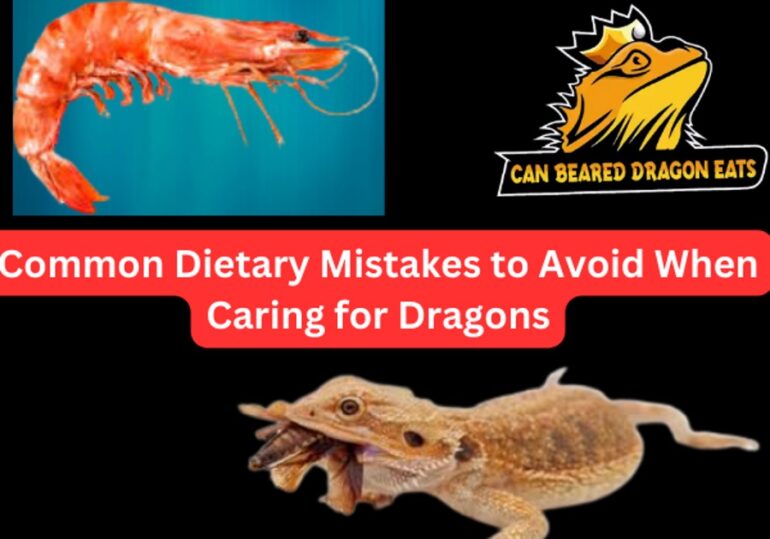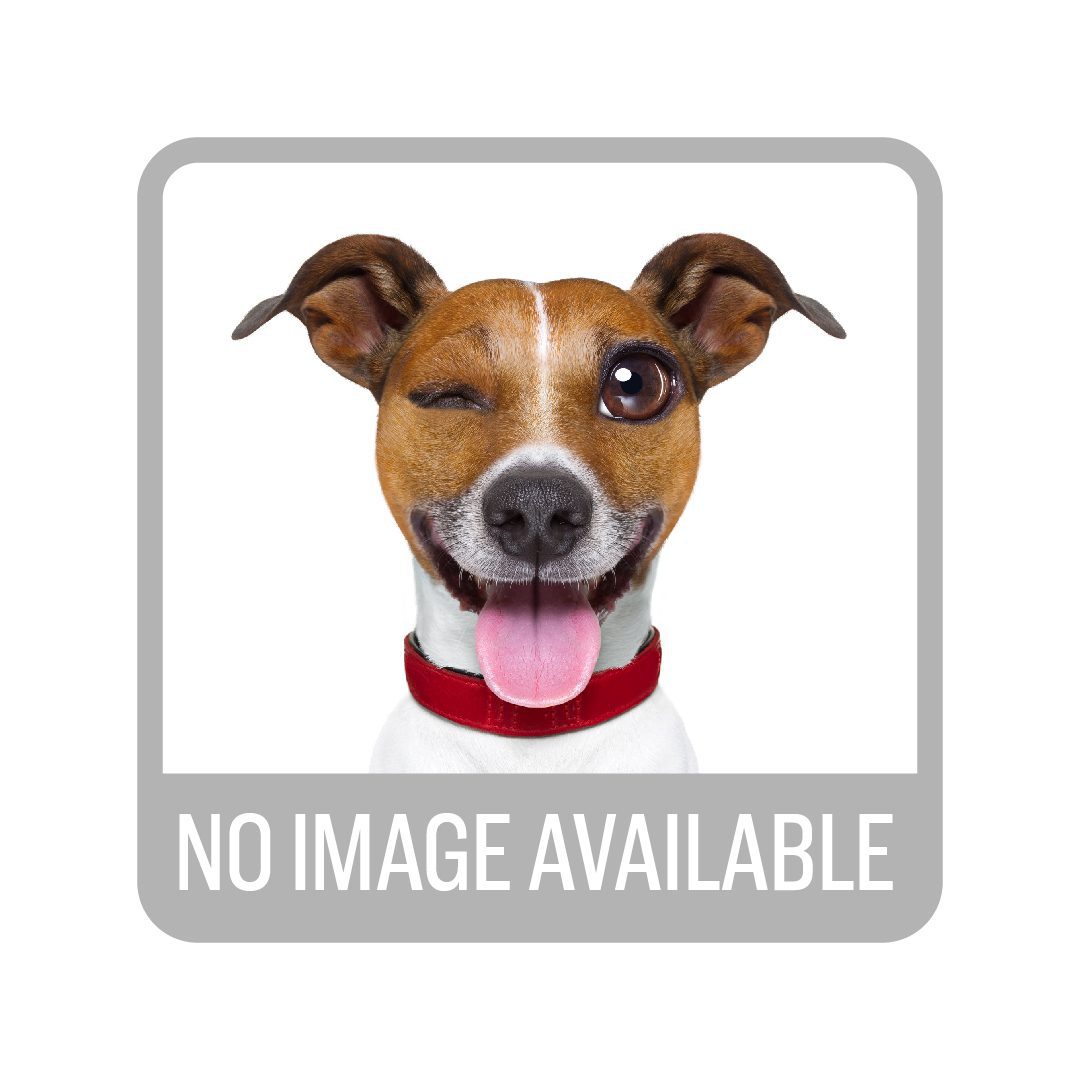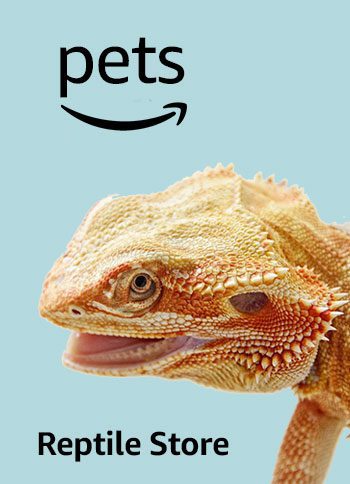
People all throughout the world have long been captivated by the fabled and majestic dragons. The bearded dragons have long maintained a special place in our hearts, from folklore to fantasy books and films. Can Bearded Dragons Eat Cucumbers? Dragons need adequate care, including attention to their diet, just like any other pet. Unfortunately, many people who own dragons make simple nutritional errors that can have negative effects on these lovely animals. We'll look at a few of these frequent mistakes in this blog article and offer advice on how to prevent them.
Mistake #1: Ignoring Species-Specific Dietary Needs
Like all animals, dragons come in many different species and each has dietary needs that are unique to their species. For instance, Chinese water dragons are mostly insectivores, but bearded dragons are omnivores. Assuming that all dragons have the same nutritional preferences is one of the biggest errors that dragon owners make. Health problems and dietary shortages may result from this.
How To Avoid It
Learn about the particular species of your dragon and what they should eat. To guarantee you are feeding your exotic pet the proper food, speak with a veterinarian who specializes in such animals. Adapt their meals as closely as possible to their normal eating preferences.
Mistake #2: Overfeeding
Feeding excessively is a common problem among pet owners, but it is very dangerous for dragons. Because these animals have a slower rate of metabolism than many other pets, overfeeding them can result in obesity, which can lead to a variety of health problems such as cardiovascular disease and joint problems.
How To Avoid It
Follow the feeding regimen that your veterinarian recommends. Don’t provide infinite meals, especially fatty foods. Regularly check your dragon’s weight and overall health and change their nutrition as necessary.
Mistake #3: Inadequate Hydration
Any pet needs to be properly hydrated and dragons are no different. Can Bearded Dragons Eat Strawberries? Many owners disregard the fact that dragons require water and some believe their pets’ diets are sufficient sources of hydration. This is a serious misunderstanding.
How To Prevent It
Always keep a small dish of fresh, clean water in your dragon’s enclosure. Additionally, think about spraying their habitat to produce a more humid atmosphere that can help with hydration, especially for species like bearded dragons.
Mistake #4: Incorrect Calcium and Vitamin Supplements
Supplemental calcium and vitamins are necessary for dragons to maintain healthy bones and overall well-being. However, a lot of owners either completely forgo these supplements or use them improperly.
How To Avoid It
To find the right supplements for the species and age of your dragon, speak with your veterinarian. To prevent supplementing too much or too little, carefully follow the dosage recommendations.
Mistake #5: Inappropriate Foods in Their Diet
Dragons are not trash compactors. Giving kids the wrong foods can cause nutritional imbalances and intestinal issues. Offering food that is too big, poisonous or hard is a common error.
How To Avoid It
Learn about the suitable foods for your dragon’s species and provide a range of them. Bugs, fruits, green vegetables and the odd indulgence may be included. Check that each food item is the correct size for the dragon’s age and size.
Mistake #6: Poor Food Quality
Your dragon should be fed high-quality food, just like any other creature. Some business owners choose the cheapest options without taking the food’s nutritional content into account.
How To Avoid It
Invest in premium, commercially-produced dragon food and fresh ingredients to avoid poor food quality. Look for items made for your dragon’s species because they usually include the nutrition they need.
Mistake #7: Inconsistent Feeding Routine
Dragons thrive on routine, thus mistake #7 is inconsistent feeding practices. Feeding schedule irregularities might cause stress and intestinal problems. Having inconsistent feeding schedules or skipping meals can mess with their metabolism.
How To Avoid It
Create a regular feeding schedule and follow as consistently as possible. By doing so, your dragon will feel secure and be able to control their digestion.
Mistake #8: Ignoring Food Safety
Food safety is important not only for humans, but also for the health of your dragon. Without taking into account possible pesticide or parasite contamination, some owners may feed their dragons wild-caught insects.
How To Avoid It
Only provide live insects and other prey that you have obtained from reliable vendors or that you have raised yourself. Make sure they are free of parasites and chemicals. Research secure ways for cleaning and collecting wild insects, if you do feed them to your dragon.
Mistake #9: Not Monitoring Dietary Changes
Your dragon’s food requirements may change as they age and grow. Nutritional excesses or deficits might result from failing to adjust their diet appropriately.
How To Avoid It
Keep an eye on your dragon’s health and weight frequently to prevent these changes. For advice on how to modify their food as necessary to satisfy their changing nutritional needs, speak with your veterinarian.
Mistake #10: Neglecting Dental Health
Dragons, like any pet, are susceptible to dental problems if their teeth are not properly taken care of. Neglecting their dental health might result in pain and make eating challenging.
How To Avoid It
Give them chew toys or appropriate-sized prey to help them wear down their teeth. Examine your pet’s teeth frequently, and if you see any problems, call your veterinarian.
Conclusion
Taking care of a bearded dragon is a special and gratifying experience, but it also comes with obligations, such as providing them a proper diet. It’s essential to stay away from the nutritional blunders we’ve listed, in order to keep your dragon healthy and content. Keep in mind to research their species-specific requirements, speak with a veterinarian and follow a regular feeding schedule. By doing this, you may provide your dragon a diet that is well-balanced and encourages a long, healthy life.



